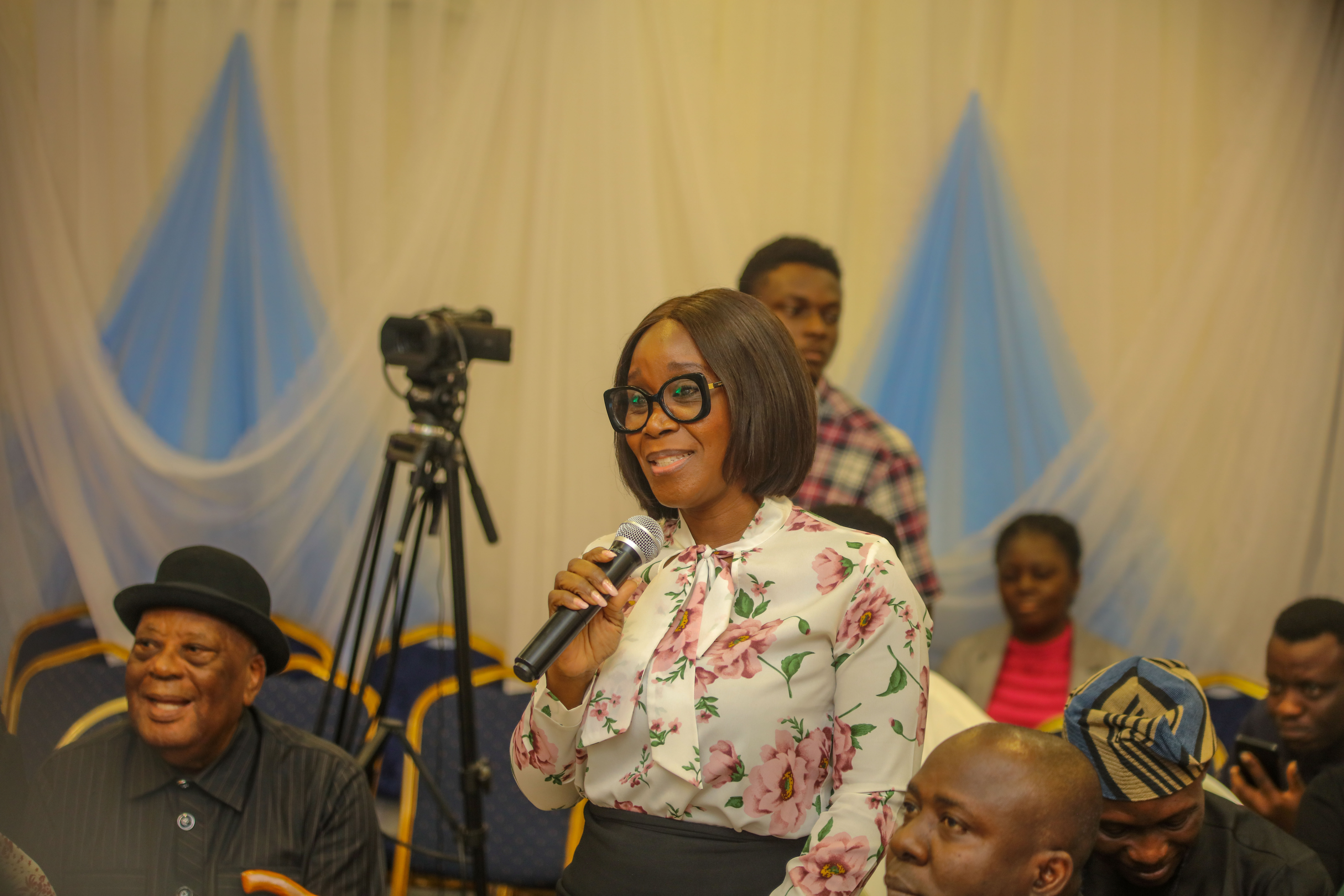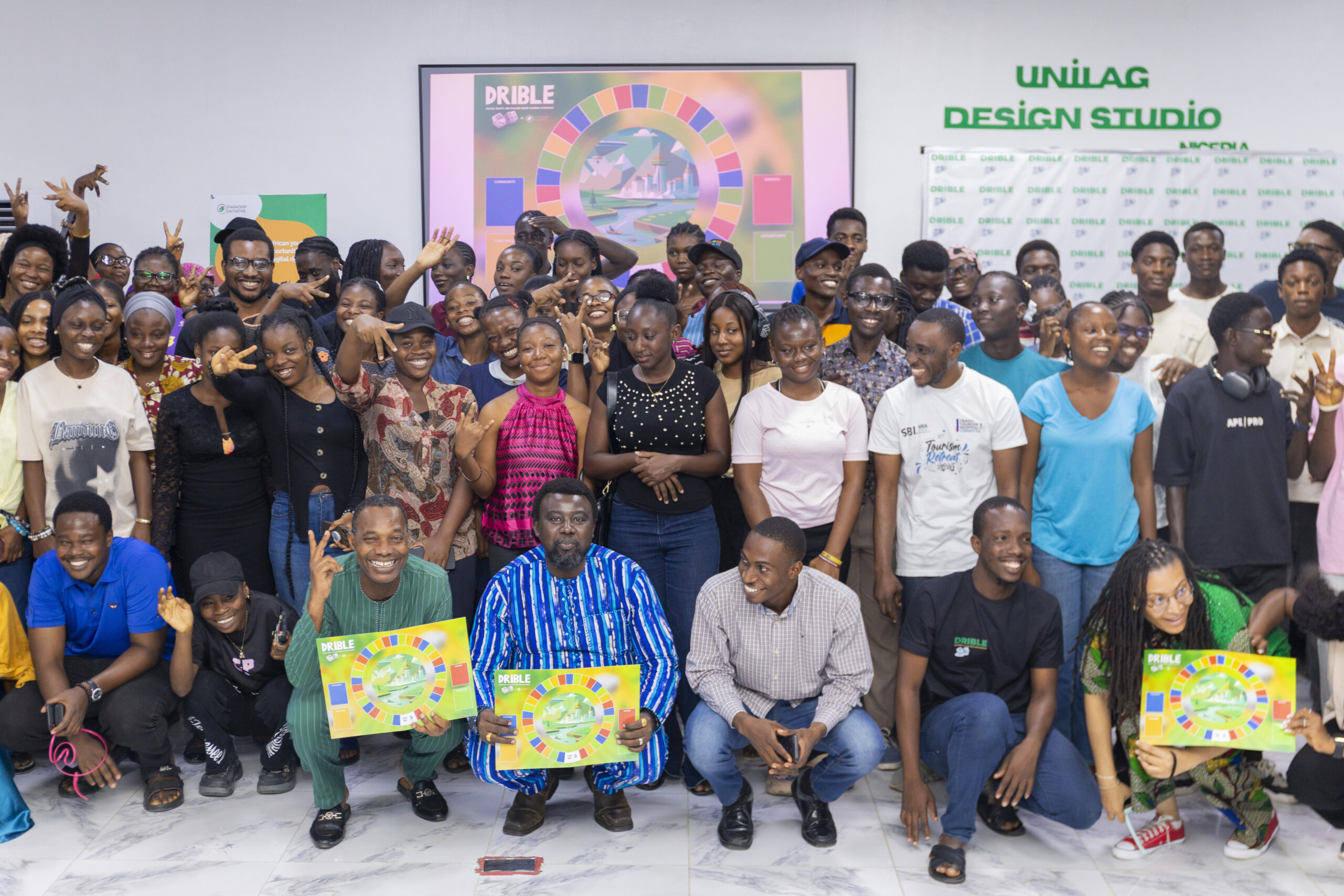Telecom
U.S, China Battle for Africa Mobile Phone Sector- VOA

Africa, in recent years, has become the new frontier where China and the United States, the world’s two biggest economic superpowers, are competing for influence in a key industry: telecommunications.

According to Voice of America (VOA), this week, Ethiopia celebrated the launch of a 5G network powered by China’s telecom giant Huawei in Addis Ababa.
Just before that, on a visit to the continent last week, U.S. Deputy Secretary of State Wendy Sherman visited U.S. mobile company Africell’s offices in Angola, where the firm has amassed some 2 million users since it was launched just over a month ago.
“Today in Luanda, I visited @AfricellAo, an innovative, state-of-the-art U.S. company expanding 5G access in Angola with trusted technology components,” she wrote in a tweet.
Asked in a subsequent press briefing whether the tweet wasn’t a dig at Huawei – which already has a huge digital foothold in Africa but which was sanctioned in the U.S. in 2019 by then-President Donald Trump – Sherman was unequivocal.
“It’s not about throwing shade (being critical) on Huawei. We’ve been very direct. We believe that when countries choose Huawei, they are potentially giving up their sovereignty,” she said. “They are turning over their data to another country. They may find themselves bringing in a surveillance capability they didn’t even know was there.”
Washington has long expressed concern that Beijing is trying to monopolize networks and possibly use them for espionage, while Huawei has repeatedly denied the allegations.
“So, we’ve been very public about our concerns about Huawei, and so we are glad that Africell can provide to the people of Angola a safe, capable tool in their hands to reach out to the world,” Sherman added.
The deputy secretary’s comments raised ire in Beijing, where they were met with a stiff rebuke from Foreign Ministry spokesman Zhao Lijian.
“Chinese companies including Huawei have conducted mutually beneficial cooperation with many countries in Africa and the world beyond, contributed to the improvement and development of the countries’ communications infrastructure, provided advanced, quality, safe and affordable services for the local people and won great support,” he said on Chinese state media.
“There is not a single case of cyber security accident, surveillance or wiretapping in the course of the cooperation,” he added, going on to allege that the U.S. has long been responsible for such spying activities itself.
Zhao noted that it is up to African governments to decide with whom to cooperate.
In Angola, the company already has a significant presence, with mobile operator Unitel linked to Huawei, which is also building two technological training centers, worth $60 million, in the country in order to develop the digital economy.
And with Huawei widely available in South Africa, only one of the five people VOA spoke to at a local shopping center was even aware of the controversy over the brand.
Cheris Fourie, a sales consultant at a cellphone shop in Cape Town’s Blue Root Mall, said Huawei handsets aren’t that popular anymore, not because of concerns over any nefarious activities by the company, but rather because Google services are no longer on the devices. Google is no longer available because of a U.S. Huawei ban.
David Devillieras, who was sitting at a cafe at the mall using his Samsung phone, told VOA he’d never heard of the possibility Huawei was involved in surveillance. He added that he wouldn’t buy a Huawei phone having heard that.
“I wouldn’t go there at all, not for one second. I wouldn’t buy a Chinese phone,” he said.
One shopper, Steve Elliot-Jones, said he “wouldn’t trust anything that comes out of China,” but thought other countries could also be using mobile networks to spy.
“It wouldn’t surprise me if technology companies including the states or anywhere else for that matter… I wouldn’t say anyone’s actually innocent. I think they’re all probably all up to selling information and making money on the side and denying it if it comes out.”
Telecom
MTN’s ₦31.75Bn Investment in Health Lauded at Arthur Mbanefo Lecture

MTN Foundation has been spotlighted as a model for private sector-driven healthcare development in Nigeria, following commendations at the 6th Arthur Mbanefo Lecture held at the University of Lagos, Akoka.

Themed “A Healthy Nation is a Wealthy Nation: The Role of Impact Investments and Sustainable Financing in Nigeria,” the lecture featured Dr. Tolulope Adewole, Managing Director of NSIA Advanced Medical Services Limited (MedServe), as keynote speaker.
Dr. Adewole praised the Foundation’s strategic investments, noting that MTN commits 1% of its profit after tax annually to development sectors. “They’ve invested ₦31.75 billion, reaching over 32 million Nigerians. Though only 25% went to health, it accounted for 51% of all lives impacted. That’s catalytic,” he said.
He cited MTN’s dialysis centre programme as a transformative intervention for patients with kidney disease, and highlighted community-focused initiatives like the Y’ello Doctor mobile scheme and ‘What Can We Do Together’ (WCWDT) programme, which revitalised 164 Primary Healthcare Centres, including 44 in 2024 alone.
Executive Director of MTN Foundation, Odunayo Sanya, reflected on the COVID-19 pandemic’s exposure of systemic health vulnerabilities. “When COVID hit, we realised a health emergency is also an economic and social emergency,” she said.
Sanya revealed that of the 52 PHCs remodeled in 2024, only one had clean water. “I’m not a doctor, but I know you can’t live a good life without clean water,” she added, reaffirming the Foundation’s commitment to bridging healthcare gaps in underserved communities.
Telecom
PIN to Empower 20 Million Youths with New Digital Rights Board Game

Hundreds of university students across Africa are set to benefit from a new gamified learning experience on digital rights and inclusion launched by the leading pan-African non-profit organisation, Paradigm Initiative (PIN).

The Digital Rights and Inclusion Board Learning Experience (DRIBLE) is a game developed by Paradigm Initiative with support from the Open Society Foundations (OSF). The custom-designed board game provides young individuals with a fun and engaging entry point into digital rights and inclusion conversations, training sessions and storytelling tools.
The board game aims to build digital literacy, deepen understanding of online safety, and introduce young individuals to the organisation’s tools of impact. Currently being piloted in three universities: University of Lagos, Nigeria, the Catholic University of Eastern Africa (CUEA) in Nairobi, Kenya and the Dakar American University of Science and Technology (DAUST) in Dakar, Senegal, it will enhance interactions and create a holistic experience.
Speaking at the event launch at the University of Lagos, Nigeria, ‘Gbenga Sesan, Paradigm Initiative’s Executive Director, said: “PIN’s vision is to reach 20 million people through our Digital Inclusion and Digital Rights interventions. From Lagos, to Dakar, to Nairobi.. we will use the vehicle of our new Digital Rights and Inclusion Board Learning Experience (DRIBLE) which entails using gamification, training, multimedia materials, tools and other interventions to connect African youth with digital opportunities and protect their digital rights.”
‘Gbenga gave the keynote address on “Digital inclusion at PIN, our Past, Present and Future” and Nnenna Paul-Ugochukwu, the organisation’s Chief Operating Officer, said the goal of the learning experience would be instrumental in raising awareness of digital rights among the youth, building their capacity to address digital rights and inclusion issues in their communities. Prof. Olunifesi Adekunle Suraj shared a goodwill message with the students and other stakeholders.
Paradigm Initiative, which has been operational since 2007, started in a tiny cybercafe in Ajegunle, Lagos, Nigeria. Today, the organisation has expanded its wings to cover six African countries; Cameroon, Kenya, Nigeria, Senegal, Zambia and Zimbabwe, impacting the livelihoods of over 150,000 young Africans.
The launch of DRIBLE builds on the progress the organisation has made over the years in tackling the challenge of digital exclusion across Africa.
Paradigm Initiative’s tools of impact include Ripoti, a platform that enables individuals to report digital rights violations, Ayeta, a platform that provides digital security resources for stakeholders, more so human rights activists, defenders, journalists and other vulnerable groups, and the organisation’s latest short film, Whispers in the Wires.
Targeted at students, PIN rolled out a Campus Tour in the three universities on the continent starting July 15th, 2025.
Telecom
Meta Cracks Down on Fake Accounts, Deletes 10m Profiles

Meta, the parent company of Facebook, has intensified its crackdown on fake accounts and spam, announcing it removed over 10 million fake profiles and roughly 500,000 spam accounts in the first half of 2025.

The sweeping purge is part of Meta’s broader effort to combat impersonation, fake engagement, and content duplication, aiming to elevate authentic creators and improve the quality of content across its platforms.
In a blog post, Meta said: “We’re making progress. In the first half of 2025, we took action on around 500,000 accounts engaged in spammy behaviour or fake engagement. We also removed about 10 million profiles impersonating large content producers.”
Meta stressed that accounts which primarily repost or recycle content without meaningful edits will face penalties such as reduced reach and the loss of monetisation tools.
The company also warned that repeatedly sharing unoriginal content — whether videos, photos, or text — undermines the platform’s integrity by crowding out genuine voices and making it harder for new creators to grow.
To support authentic creators, Meta is rolling out new tools that automatically trace reposted content back to its original source. The company says this will help ensure rightful credit and give higher visibility to original posts.
“Pages and profiles that post mostly original content tend to enjoy wider distribution across Facebook. Simply stitching clips together or adding a watermark will no longer count as meaningful editing. Content that provides real value and tells an authentic story is likely to perform better,” Meta explained.
Creators are also being cautioned against uploading content that includes watermarks from other platforms. Such posts could see their reach restricted or lose monetisation privileges altogether.
As part of its latest update, Meta introduced post-level insights on the Professional Dashboard, allowing creators to monitor how individual posts perform. They can also check their Support Home screen to see if their content or earnings are facing restrictions.
In a parallel development, Google’s YouTube updated its monetisation guidelines, stating that content deemed mass-produced or excessively repetitive will no longer qualify for ad revenue. The announcement initially sparked concern among creators, who feared it was a blanket ban on AI-generated content. YouTube later clarified:
“We welcome creators using AI tools to enhance their storytelling, and channels that use AI in their content remain eligible to monetise.”
Both tech giants say these new policies are aimed at raising content standards and safeguarding genuine creators in a crowded and rapidly evolving digital landscape.

 Telecom3 days ago
Telecom3 days agoNCC Introduces N10m Licence Fee for Bulk SMS Service

 Telecom3 days ago
Telecom3 days agoMTN Nigeria Targets $1Bn Cloud Market with Largest Modular Data Centre

 General News3 days ago
General News3 days agoWoodhall Capital and Partners Launch ₦1.5Bn Fund

 E-Business3 days ago
E-Business3 days agoFirm Highlights Top Risks of Quantum Computing

 E-Financial2 days ago
E-Financial2 days agoZenith Banks Leads as 8 Banks Suffer N156Bn Impairment Charges

 Telecom3 days ago
Telecom3 days agoPAT Taps Osi as CEO

 General News3 days ago
General News3 days agoBurna Boy Distances Himself from Meme Coin, Labels Crypto as Fraud

 E-Financial3 days ago
E-Financial3 days agoAfrica Launches PAPSSCARD, First Pan-African Card Scheme


























